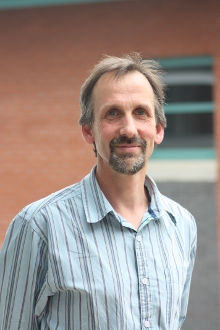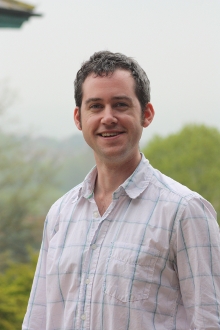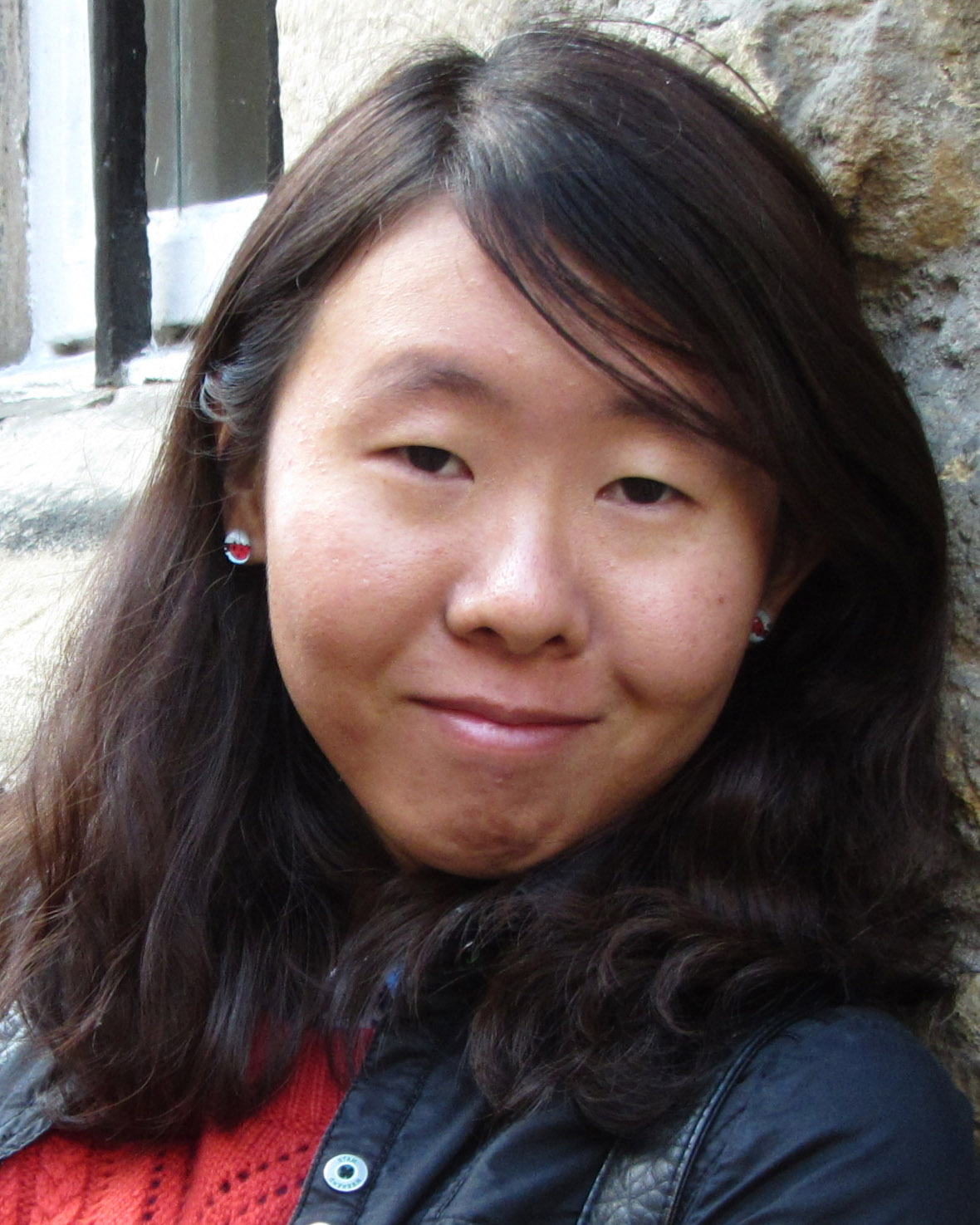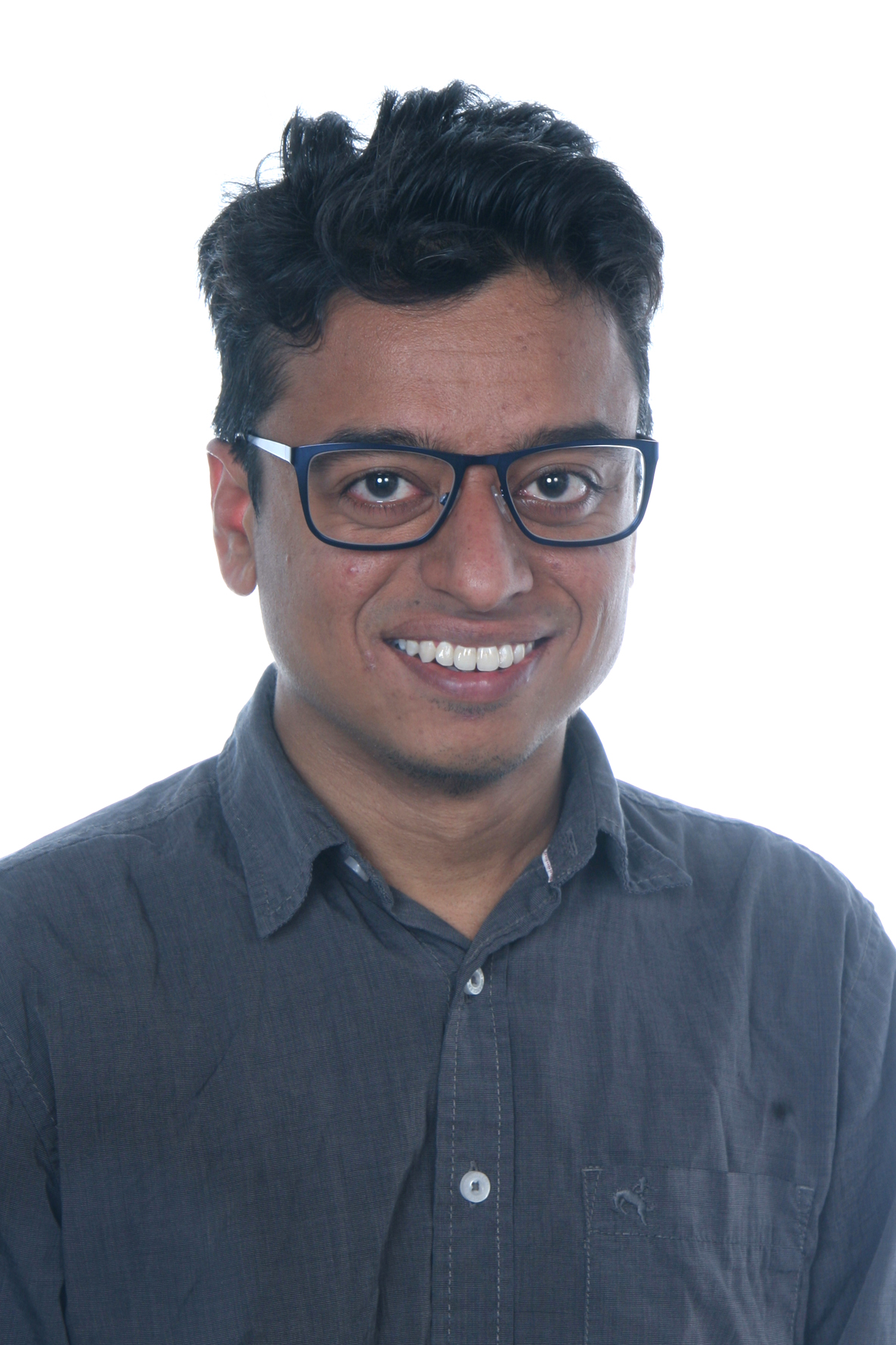Organisers
 Richard Everson
Professor of Mahcine Learning, University of Exeter, UK.
He is Professor of Machine Learning and Director of the Institute of Data Science and Artificial Intelligence at the University of Exeter. His research interests lie in statistical machine learning and multi-objective optimisation, and the links between them. Current research is on surrogate methods, particularly Bayesian optimisation, for large expensive-to-evaluate optimisation problems, especially computational fluid dynamics design optimisation.
Richard Everson
Professor of Mahcine Learning, University of Exeter, UK.
He is Professor of Machine Learning and Director of the Institute of Data Science and Artificial Intelligence at the University of Exeter. His research interests lie in statistical machine learning and multi-objective optimisation, and the links between them. Current research is on surrogate methods, particularly Bayesian optimisation, for large expensive-to-evaluate optimisation problems, especially computational fluid dynamics design optimisation.
 Jonathan Fieldsend
Professor, University of Exeter, UK.
Jonathan Fieldsend is Professor in Computational Intelligence at the University of Exeter. He has a degree in Economics from Durham University, a Masters in Computational Intelligence from the University of Plymouth and a PhD in Computer Science from the University of Exeter. He has held postdoctoral positions as a Research Fellow (working on the interface of Bayesian modelling and optimisation) and as a Business Fellow (focusing on knowledge transfer to industry) prior to his appointment to an academic position at Exeter.
Jonathan Fieldsend
Professor, University of Exeter, UK.
Jonathan Fieldsend is Professor in Computational Intelligence at the University of Exeter. He has a degree in Economics from Durham University, a Masters in Computational Intelligence from the University of Plymouth and a PhD in Computer Science from the University of Exeter. He has held postdoctoral positions as a Research Fellow (working on the interface of Bayesian modelling and optimisation) and as a Business Fellow (focusing on knowledge transfer to industry) prior to his appointment to an academic position at Exeter.
He has published widely on theoretical and applied aspects of evolutionary multi-objective optimisation, and also in the field of machine learning — and has ongoing interests on the interface between these areas. His theoretical work includes algorithm development and analysis, along with data structures required for efficient multi-objective optimisation and Pareto set maintenance. His applied work includes costly and uncertain industrial design problems, air traffic control safety systems, automating biological experiments and robust multi-objective routing.
He has previous been a workshop organiser at GECCO for VizGEC (Visualisation Methods in Genetic and Evolutionary Computation), SAEOpt (Surrogate-Assisted Evolutionary Optimisation) and EAPU (Evolutionary Algorithms for Problems with Uncertainty). He has been active within the evolutionary computation community as a reviewer and program committee member since 2003.
 Handing Wang
Professor, Xidian University, China.
Handing Wang received the B.Eng. and Ph.D. degrees from Xidian University, Xi'an, China, in 2010 and 2015. She is currently a professor with School of Artificial Intelligence, Xidian University, Xi'an, China. Dr. Wang is an Associate Editor of IEEE Computational Intelligence Magazine and Complex & Intelligent Systems, chair of the Task Force on Intelligence Systems for Health within the Intelligent Systems Applications Technical Committee of IEEE Computational Intelligence Society. Her research interests include nature-inspired computation, multi- and many-objective optimization, multiple criteria decision making, and real-world problems. She has published over 10 papers in international journal, including IEEE Transactions on Evolutionary Computation (TEVC), IEEE Transactions on Cybernetics (TCYB), and Evolutionary Computation (ECJ).
Handing Wang
Professor, Xidian University, China.
Handing Wang received the B.Eng. and Ph.D. degrees from Xidian University, Xi'an, China, in 2010 and 2015. She is currently a professor with School of Artificial Intelligence, Xidian University, Xi'an, China. Dr. Wang is an Associate Editor of IEEE Computational Intelligence Magazine and Complex & Intelligent Systems, chair of the Task Force on Intelligence Systems for Health within the Intelligent Systems Applications Technical Committee of IEEE Computational Intelligence Society. Her research interests include nature-inspired computation, multi- and many-objective optimization, multiple criteria decision making, and real-world problems. She has published over 10 papers in international journal, including IEEE Transactions on Evolutionary Computation (TEVC), IEEE Transactions on Cybernetics (TCYB), and Evolutionary Computation (ECJ).
 Yaochu Jin
Professor in Computational Intelligence, University of Surrey, UK.
He is Professor in Computational Intelligence with the Department of Computer Science, University of Surrey, UK. He is also a Finland Distinguished Professor awarded by TEKES, Finland, and Changjiang Distinguished Visiting Professor appointed by Ministry of Education, China. His main research interests include evolutionary optimization of complex systems, such as surrogate-assisted evolutionary optimization, multi-objective optimization, dynamic optimization, and their applications to various real-world problems including aerodynamic design optimization (e.g., turbine engines, aircraft fuselage, high-lift wings and race vehicles), design of liquefied natural gas terminals, and industrial processes.
Yaochu Jin
Professor in Computational Intelligence, University of Surrey, UK.
He is Professor in Computational Intelligence with the Department of Computer Science, University of Surrey, UK. He is also a Finland Distinguished Professor awarded by TEKES, Finland, and Changjiang Distinguished Visiting Professor appointed by Ministry of Education, China. His main research interests include evolutionary optimization of complex systems, such as surrogate-assisted evolutionary optimization, multi-objective optimization, dynamic optimization, and their applications to various real-world problems including aerodynamic design optimization (e.g., turbine engines, aircraft fuselage, high-lift wings and race vehicles), design of liquefied natural gas terminals, and industrial processes.
He is an Associate Editor of IEEE Transactions on Evolutionary Computation and IEEE Transactions on Cybernetics, and an Editorial Board Member of Evolutionary Computation (MIT). He is currently an IEEE Distinguished Lecturer and Vice President for Technical Activities of the IEEE Computational Intelligence Society.
He was a co-organiser of the Workshop on Learning, Adaptation and Approximation in Evolutionary Computation at GECCO’2003 in Chicago and GECCO 2002 in New York. He has also organized special sessions on surrogate-assisted evolutionary optimizations at many conferences.
 Tinkle Chugh
Lecturer in Computer Science, University of Exeter, UK.
Dr Tinkle Chugh is a Lecturer in Computer Science at the University of Exeter. Between Feb 2018 and June 2020, he worked as a Postdoctoral Research Fellow in the BIG data methods for improving windstorm FOOTprint prediction (project funded by Natural Environment Research Council UK. He obtained his PhD degree in Mathematical Information Technology in 2017 from the University of Jyväskylä, Finland. His thesis was a part of the Decision Support for Complex Multiobjective Optimization Problems project, where he collaborated with Finland Distinguished Professor (FiDiPro) Yaochu Jin from the University of Surrey, UK. His research interests are machine learning, data-driven optimization, evolutionary computation and decision making.
Tinkle Chugh
Lecturer in Computer Science, University of Exeter, UK.
Dr Tinkle Chugh is a Lecturer in Computer Science at the University of Exeter. Between Feb 2018 and June 2020, he worked as a Postdoctoral Research Fellow in the BIG data methods for improving windstorm FOOTprint prediction (project funded by Natural Environment Research Council UK. He obtained his PhD degree in Mathematical Information Technology in 2017 from the University of Jyväskylä, Finland. His thesis was a part of the Decision Support for Complex Multiobjective Optimization Problems project, where he collaborated with Finland Distinguished Professor (FiDiPro) Yaochu Jin from the University of Surrey, UK. His research interests are machine learning, data-driven optimization, evolutionary computation and decision making.
